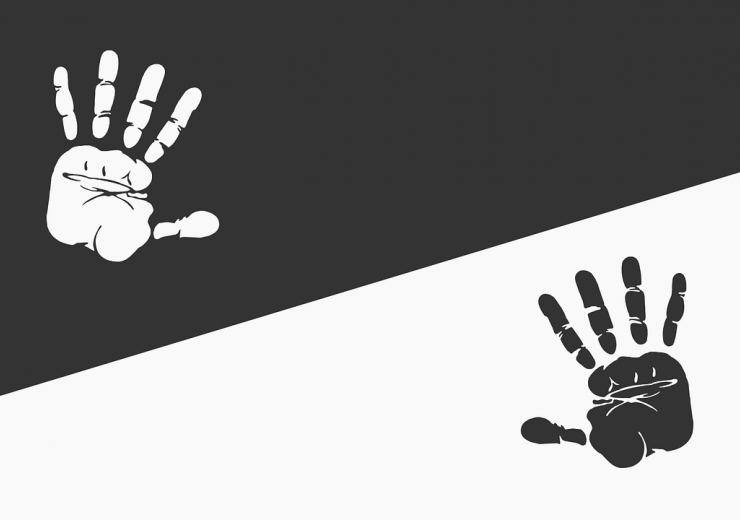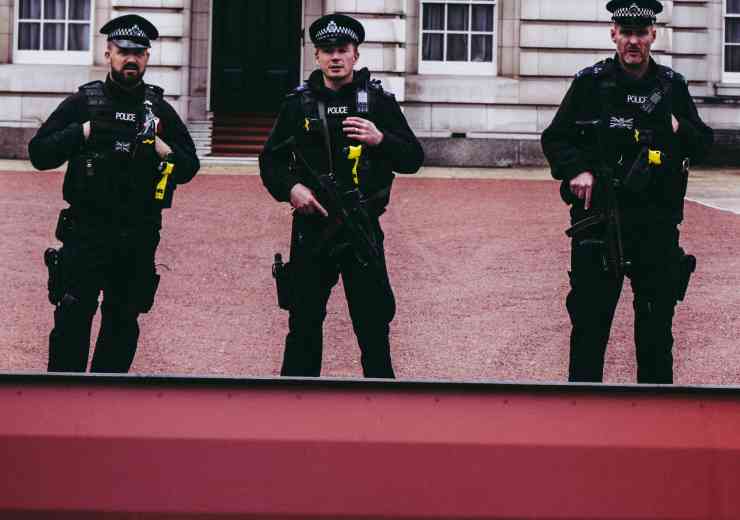The Democratic dilemma: Damned if they do and damned if they don’t
 In the aftermath of the Boston marathon bombing the headlines screamed. The bombers were known to the security agencies. Commentators and the public demanded to know why the attack not been prevented.
In the aftermath of the Boston marathon bombing the headlines screamed. The bombers were known to the security agencies. Commentators and the public demanded to know why the attack not been prevented.
The alleged murderers of Gunner Rigby stood on the streets of London in broad daylight brandishing bloodied meat cleavers, watched by shocked members of the public. The killers were known to the security agencies. Again, the press and the public demanded to know why the attack had not been stopped.
A young US government IT contractor, with a mysterious pole dancing girlfriend, turns up in Hong Kong, and opens Pandora’s box for the Guardian. Fingers are pointed at the NSA across the Atlantic, and at GCHQ in the UK. Seemingly everything we do is subject to government surveillance. Again the headlines scream, again the same government agencies are the focus of their nations’ adverse attention. Last time, they didn’t have the information; this time, they stand accused of having it. In his Ecuadorian Embassy refuge, Julian Assange gloats.
And, now we know, they did have it – lots of it. It is estimated that 90 per cent of all the data that now exists in the world has been created in just the last two years. Its mega data, and for security agencies its better than listening to what’s said. It provides the wherewithal to locate the who, where, when of their targets almost anywhere in the world.
A DEMOCRATIC DILEMMA
This is the dilemma of all democratic countries faced with those who would use violence to overthrow the status quo. Whether we like it or not, we are engaged in a war on terrorism, a war that we are compelled to fight and a war that we must win. The terrorists are prepared to kill and die. Should the democracies fight like with like, and prosecute a war against the terrorists? Or should they criminalise the actions and the individuals and pursue them with the full force of the law? Does the end for government justify the means? Benjamin Franklin wrote: “those who surrender freedom for security will not have, nor do they deserve, either one.” Some would argue that what we must not do under any circumstance is to surrender any of our rights for some small increase in security.
Snowdon, hero or villain? Is he the greatest whistle blower in US history, or the greatest traitor? A self-righteous narcissist, or a self-sacrificing upholder of freedom? For the intelligence officer, as for the journalist, sources are sacrosanct. Mr. Assange demands total transparency of governments and others. But, will not willingly declare his sources. Is he a charlatan cocking a snook at the authorities, putting his sources such as Bradley Wiggins, and now presumably Edward Snowden, in jeopardy for his own gratification and, perish the thought, financial gain? Or is he the gatekeeper of human rights?
Manning stayed to face the consequences. Snowdon did a runner! He is now consorting with his countries best enemies – China and Russia, for example, not renowned for democratic and open government. Perhaps we will finally end up in Iran or North Korea.
A GOVERNMENT’S JOB
Any government’s principle duty is to secure the state. The infamous Zimmerman Telegram propelled the US into WWI. Tapping the trans-oceanic cables at Porthcurno in Cornwall enabled this. What would have been the consequence for Britain, and Europe, without Churchill’s foresight in setting up Room 40, the precursor to Bletchley Park, and now GCHQ – Number One, collecting some 12 per cent of total global daily new data, even ahead of the NSA? In todays’ internet environment it is the equivalent fiber optic data cables which are tapped. Is there any difference in principal? Without some infringement of civil liberties, security cannot be ensured. It is now, as it always has been, a trade-off between the two. Surely citizens of democracies have to trust their elected representatives and official employees, warts and all, to act within acceptable, transparent guidelines?
In totalitarian states no such option exists. Arguably society has waived some of its rights by virtue of the increasing amount of personal information which more and more of the population disclose willingly on social networks?
Whilst there is an Orwellian aspect to the growing capabilities of GCHQ and the NSA, should we be worried if we are not doing anything wrong and the chances of our security agencies stopping the next Boston Marathon outrage are increased? Should we be outraged if these agencies actually identify one of our own citizens as a terrorist who is planning to detonate himself and others on a London tube or in an American sports arena?
Mike Sixsmith is the author of Exit Plan, published by Pen & Sword and available from amazon in hardback and e-book.
















